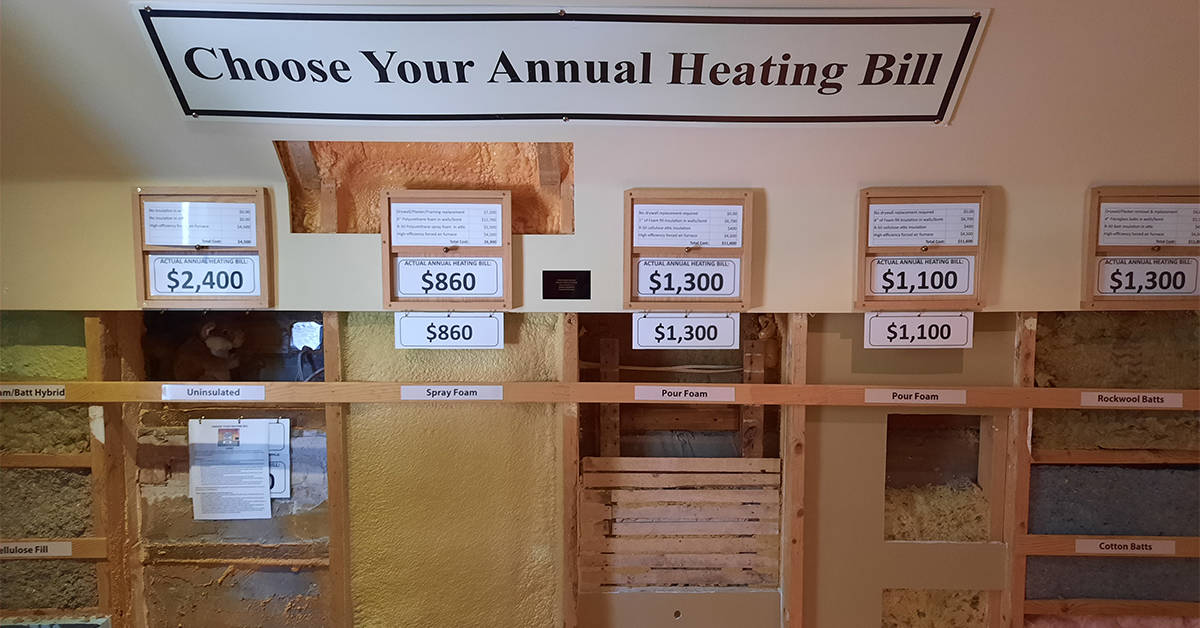;
;
;
Next Article
Retirement living a lot more home-like

With fall suddenly here, many are starting that annual struggle of wills and sweaters, playing chicken with the cold and waiting as long as possible to turn on the furnace for the first time in the season. But for one in five families in Waterloo Region, including the townships, that struggle is mor
Last updated on May 03, 23
Posted on Sep 29, 22
4 min read
